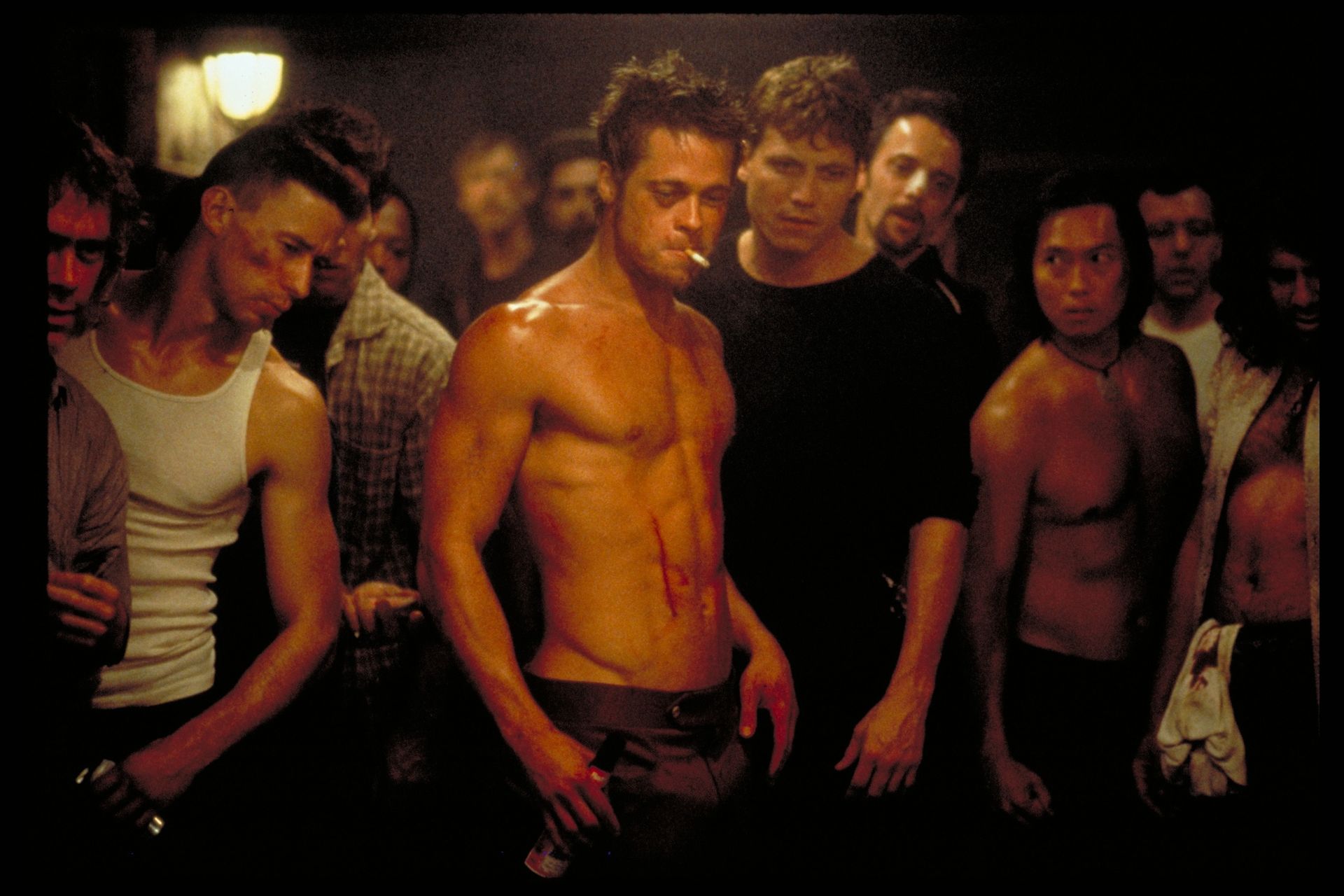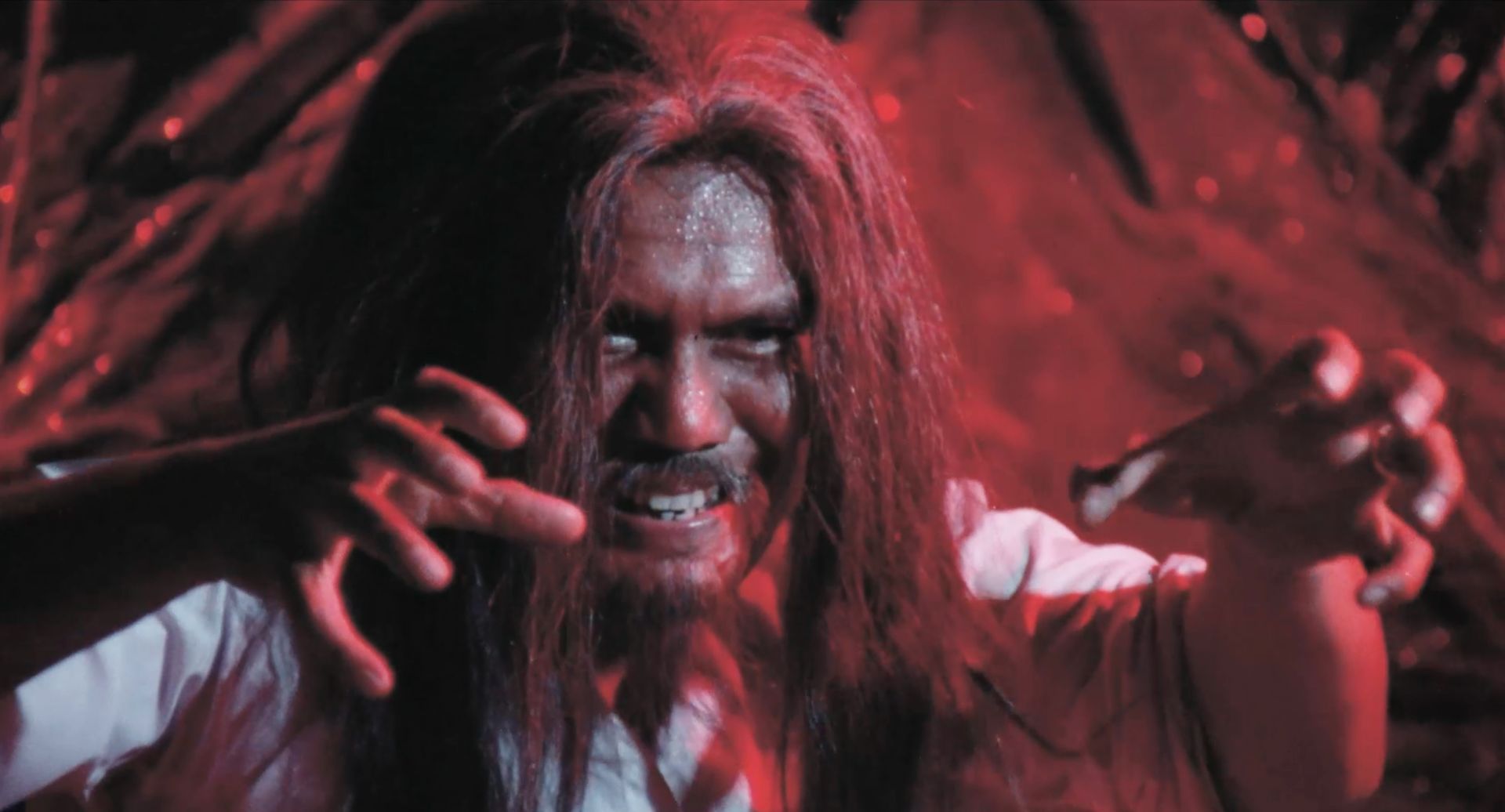Film Review #53: FIGHT CLUB
Film Review #53: FIGHT CLUB
*This film review may contain plot spoilers, reader discretion is advised.*

Photo credit: IMDB
Based on the 1996 novel of the same name by American novelist Chuck Palahniuk, Fight Club opens with a gun to the protagonist’s (Edward Norton) mouth.
For a second, he forgets about the impending danger and, instead, wonders how clean the gun is. His deadpan internal monologue introduces the audience to his past, where he attends a support group for men with testicular cancer. It’s a darkly comic scene - members of the group cling to each other, sobbing while reassuring each other that they are still ‘men’.
Our protagonist, however, is not like the others. He is not diagnosed with cancer. He’s simply attending in an attempt to treat his insomnia. “For six months, I couldn’t sleep,” he says, voice still monotonous. The meticulous framing imbues the scene with a measure of detachment and the absence of natural light makes the scene feel suffocating.
Indeed, there is no joy to be found in his life. He goes through the motions, completing tasks for an office job he neither likes nor dislikes. He watches his co-workers drink coffee from the quintessential coffeehouse chain Starbucks. He buys furniture from the fast-furniture multinational corporate IKEA, models his home after its catalogue and wonders what kind of dining set defines him as a person. He’s so painfully average that he remains nameless throughout the film. The credits simply identify him as ‘The Narrator’.
Edward Norton’s character seems almost to be in limbo, dulled by the humdrum of his life and inundated by middle-class consumerism – perpetually restless but unable to alleviate the ennui that plagues his existence. He can only find catharsis in the support group he crashes. Coasting off others’ emotional highs is the only way he can get a restful night’s sleep.
Enter Tyler Durden (Brad Pitt), the antithesis of our protagonist. He’s handsome, charismatic, and unbound by the social order. He steals human fat to make soap, knows how to make dynamite and edits scant frames of pornography into children’s movies.
Our protagonist is understandably drawn by Durden’s roguish virility and heady masculinity. Tyler preaches about the disconnect that comes hand-in-hand with capitalism and alienation. After all, in his words, as he addresses The Narrator’s obsessions, “the things you own end up owning you.” The Narrator believes him, and we do too.
Like The Narrator, many of us are disoriented by the influx of consumer products, advertisements and celebrity culture, aimlessly chasing the next trendy thing to occupy our wandering minds. Estranged from human connection and warmth, we fill our lives with material objects but pay for them in ways we don’t recognise until it’s too late.
Tyler’s solution? A club where all the disaffected men employ various forms of violence and vandalism as a form of protest and rebellion against the oppressive norms of society. To them, these acts of brute force are gratifying. It’s the only place they can feel something and unleash their emotions. They express their grievances with the world by punching, kicking, smashing and wrestling each other relentlessly. Tyler’s Fight Club is chock-full of nihilism and fractionalisation - two crucial qualities that make a fantastic cult.
Though the film may simply seem like a series of testosterone blowouts, it employs a series of escalations to rebuke Tyler’s mentality rather than endorse him. By showing how easily disenfranchised, insecure men can descend into mass violence, director David Fincher makes a strong case against toxic masculinity.
23 years after its release, Fight Club still packs a punch.
——————————————————————————-
This review is published as part of *SCAPE’s Film Critics Lab: A Writing Mentorship Programme, organized by The Filmic Eye with support from Singapore Film Society and Sinema.
About the Author: Anna is a student currently studying creative writing. She likes using films as a way to explore humanity’s peaks and crevices. In her free time, she likes baking, watching TV, and playing with her dog.










